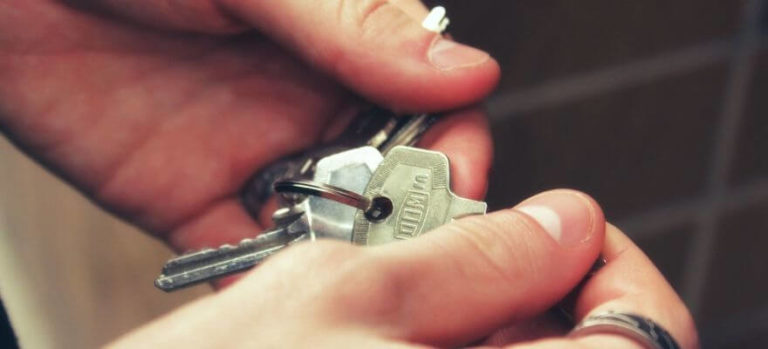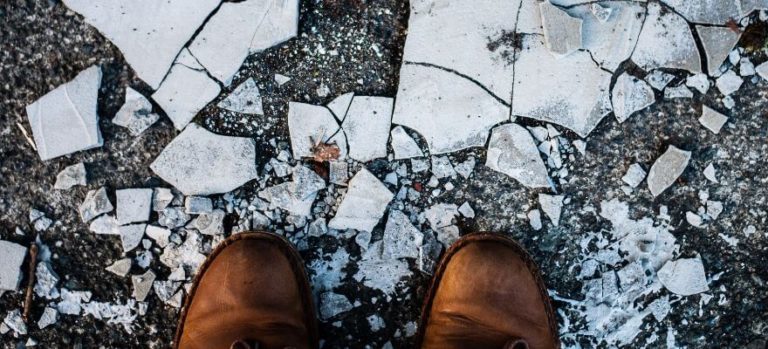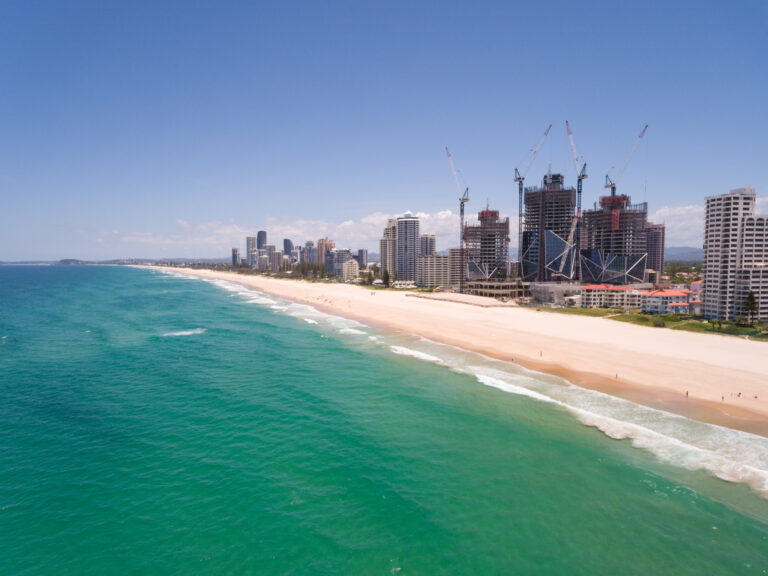The rise of the Coronavirus has led to tremendous economic and social challenges throughout Australia. In just a few weeks, Australians are forced to adjust to new ways of living and working as government regulations urge us to stay indoors, practice social distancing, and prevent further infection. With disruptions in our daily lives, economists are expecting a recession in the near future. Unemployment will likely rise as industries, including the property market, are expected to take major financial hits.
Financial aid and recovery
As one of the strongest driving forces of our economy, government and private institutions are doing their best to ensure the continued growth of the property market. The Reserve Bank of Australia (RBA), for example, has already lowered interest rates to a record 0.25%. It has also implemented quantitative easing and lowered the three-year bond yield. RBA’s governor Philip Lowe said the bank would sustain the 0.25% “until progress is being made towards full employment.”
Banks were given a $90 billion budget to ensure affordable credit is available throughout the crisis. This can support the continuity of operations for small businesses and encourage investments that will sustain the economy.
Property market predictions
Historically, the Australian property market has fared well amid economic disruptions. Home prices fell only around 4% during the last Australian recession in 1990. Following 2008’s financial crisis, property prices plummeted only once, going backward at 4.8% annually in 2010, before picking up at 2.1 and 9.3% in the next two years.
Amidst current travel restrictions and social distancing rules, property transaction numbers will fall tremendously, although the effect on values is still unclear. On top of that, economic uncertainty and unemployment will largely affect consumer confidence. Significant job losses will also prevent many Australians from paying rent or mortgage.
Instead of significant price drops, the property market may enter a period of suspension with both buyers and sellers delaying their investments until the economy becomes stable. Restrictive measures and possible infection can also push investors to become increasingly wary about upgrading or purchasing property. With the exception of non-discretionary buyers and sellers whose current situation forces them to rent, buy, or sell.
Property sales will continue, albeit slower than usual, thanks to video streaming technologies. Real estate agents can use Skype, WhatsApp, or Zoom to conduct virtual auctions and property inspections. Private inspections can also be arranged by agents as long as appropriate distancing measures are practiced. In fact, despite the outbreak’s threats, mid-March has been the second busiest for auction activity this year with 2,539 homes set up for auction across several cities.
Many Australian investors consider COVID-19 as just a short-term bump in the economy. With low interest rates, less competition, and ample government stimulus packages, long-term investors and homebuyers with pre-approved finances will be taking advantage of the current property market. While feeling fearful during a time of economic uncertainty is absolutely fine, letting fear stop you from grabbing opportunities can cost you a lifetime of regret.










